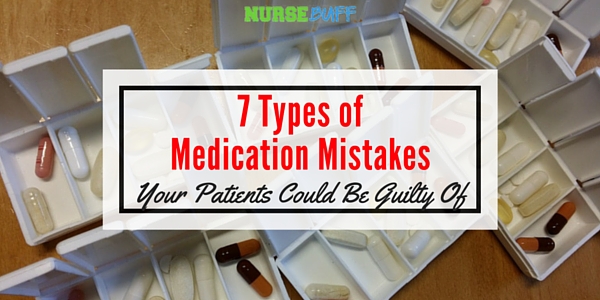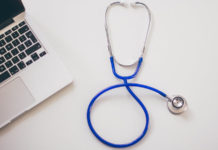If you think medication errors can only happen within the four walls of the hospital, then it’s probably high time you get your facts straight. Patients, much like their nurses and doctors, can commit medication mistakes that can result in a whole range of possible side effects.
And it doesn’t really matter whether they have been taking their medicines for a long time or not. Surveys suggest that patients chronically taking medications can still get an “F” grade and commit the following medication errors.
1. Depending too much on the internet

Researching about a drug and its effects is good for patients because it allows them to be more aware and proactive about their health. However, not everything that can be found on the internet is true. In fact, you can find a lot of misinformation over the internet that can easily discourage your patients from sticking with their medications.
To address this, encourage your patients to direct all questions to you or his physician instead of searching for answers online. As a nurse, it’s also a good idea to do follow-up questions before discharge to clear out any questions your patient may have in mind. Most of the time, patients are just too shy or afraid to ask questions in fear of prolonging their stay in the hospital.
Also Read: 5 Tips On How to Manage Patients Who Self-Diagnose
2. Cutting pills
Patients who are too busy to get their refills and those who don’t have enough money to get another bottle of their medicine tend to cut pills in order to save. While the action can give them an extra dose, the problem is that cutting pills can decrease the medicine’s effectiveness. This is particularly true with coated medications which are meant to help keep the formulations inside to last longer.
3. Tablet crushing
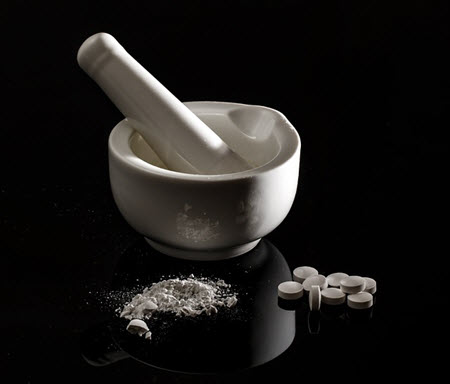
Tablet crushing is very common among patients who have difficulty swallowing. They open up capsules and crush tablets and then mix them with either their drink or meal. Although it does make taking medicines a lot easier, tablet crushing comes with a lot of negative effects. For one, it can prevent a drug from working as it should. Crushing can also affect its taste as well as its level in the body.
Before discharge, it would be helpful if you can assess your patient’s capability to swallow pills and tablets. If you find that he’s experiencing difficulty, you can go check and ask if his doctor can change the prescription.
4. Improper storage of medicines
Medication cabinets are convenient and practical to have since they help keep medications in one place. The downside of these cabinets, however, is that they are exposed to fluctuating temperatures and humidity levels, particularly if they are installed in the bathroom. These factors can easily degrade the potency of the medicines and affect their shelf life and stability.
Aside from medication cabinets, you should also discourage your patients from storing their medicines inside their kitchen cabinets, particularly if they are located above their stove or under their sink. Refrigerators aren’t the best place to store medicines as well since they are moist and can easily be accessed by children.
Instead of these places, medicines should be stored at room temperature and should be kept away from direct sunlight. They should also be placed in a dry place where children can’t easily reach them. Bedside drawers and cabinets with locks are the best places to store medicines and vitamins.
5. Mixing with certain foods and drinks
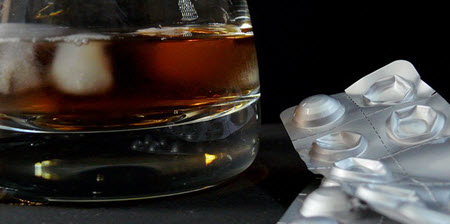
Kale is one of the healthiest foods you can eat. But if your patient is taking certain drugs with it, such as blood thinners, it can wreak havoc on his health. Taking antibiotics, like tetracycline, with milk is a bad idea as well since calcium can prevent their absorption. Drinking alcohol while on medication is strongly discouraged, too.
What your patients eat or drink with their medicines is equally as important as the drugs they take. Any wrong combination or drug-to-food interaction can render their medications practically useless. In severe cases, some foods and drinks can trigger fatal adverse reactions, too. Alcohol, for example, can cause internal bleeding, liver problems and even kidney failure.
Before giving your patients their prescription, it would be helpful if you can give them a list of foods they should avoid while taking their medication. It’s also a good idea to encourage them to reach out to their pharmacist and doctor to clear out any doubts or if they’re planning on going out for a few drinks.
Also Read: Essential Guide to Medications for Nurses
6. Not reading the inserts
Admit it. Not all people have the patience to read those lengthy inserts that come with their medicines. Aside from that they are time-consuming, the information they contain can also be confusing, particularly to people who aren’t familiar with technical and medical terms. This makes patients skip the most important part of their drug’s packaging.
7. Buying from multiple pharmacies
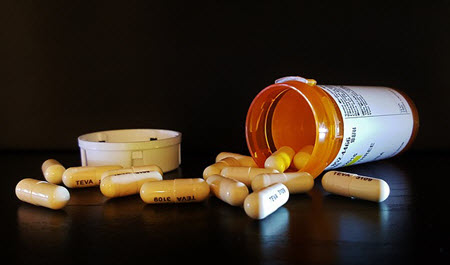
Filling prescriptions from multiple pharmacies isn’t that bad, but it makes monitoring for duplications and interactions a lot difficult. It can put patients at risk of possible drug-to-drug interactions without them or their doctors knowing it.
To stay on the safe side, it’s a good idea to advise your patient to stick to one pharmacy. If that isn’t feasible, because of the differences in inventory and prices, you should encourage your patient to keep his doctor in the loop about any medications he’s taking and where he’s getting them.
Medication mistakes, whether they are committed by a health care provider or the actual patient, are equally dangerous. As a nurse, our responsibilities and duties go beyond our patients’ stay in the hospital. Although it’s difficult to constantly monitor them, with proper health teachings and the right information, we can still help them avoid committing these medication errors even after they’re discharged.
Also Read: How to Prevent Medication Errors: 12 Effective Tips for Nurses
What other types of medication mistakes committed by patients are you aware of? How do you address or prevent these errors?


